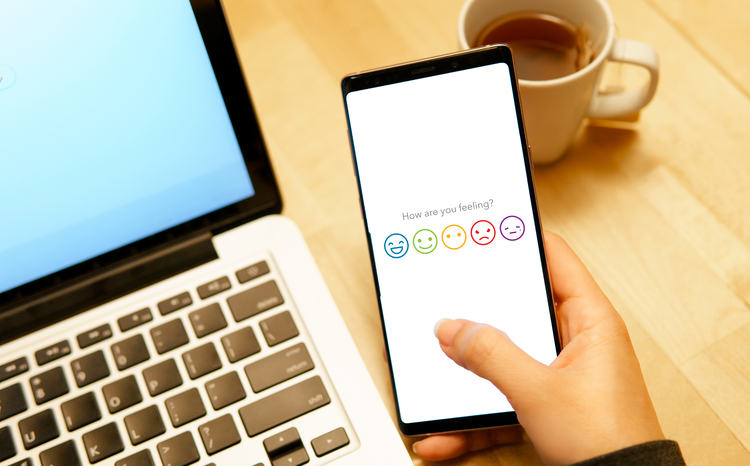Call for new urgent care phone number
- 20 June 2008
The Ambulance Service Network (ASN) has called for a new national telephone number for urgent non-life threatening calls, which would use real-time data to ensure patients needs are accurately recorded and paramedics have all the information, in its vision for emergency and acute care.
Representative of all ambulance trusts in the UK as part of the NHS Confederation, the Network says access to the data is essential to back up its vision of integrated and seamless services across primary, secondary and community care, including a range of urgent care services available around-the-clock.
The ASN is now calling for the pilot of a new national phone number for urgent care to sit alongside 999 to help patients get the services they need, particularly out of hours, and for all users to have access to health records to aid them in their work.
The vision document says: “A new, easily remembered national telephone number for urgent care – perhaps 888 or 247 – to sit alongside 999, should be piloted to assess the potential to further simplify access, improve public awareness and support more effective coordination of care.
“Patients’ health records should be shared seamlessly between different parts of the health and social care system, with the data collected shared with primary care and practice-based commissioners to help drive improvements in care and develop a range of primary, communication and other urgent care services available 24 hours a day, seven days a week.”
In its vision, the network says that the ambulance service faces the same problems as the rest of the NHS – namely caring for an ageing population, and dealing with an increase in the number of people living with long-term conditions.
As a result of these problems, calls for ambulances have increased by between 5 – 7% this year and call handlers have had to be trained to assess and diagnose patients as fast as possible, before an ambulance is sent out.
In order to meet this demand, the ASN says data sharing must become the norm between health trusts and social services teams.
“Our aim should be nothing short of creating a world class NHS that strives relentlessly to improve the quality and personalised nature of the services and care patients receive…a major barrier to adopting this approach is data sharing across the health and social care system. We must change the historical practice of keeping data within individual providers,” the report says.
The Network also calls for a single point of access for all urgent care to improve patients’ outcomes and experiences.
This would require a directory of services with real time information showing where urgent care services are available near the patient including paramedics that provide care in the local community or patients’ homes, GPs, walk in and urgent care centres, minor injuries units, mental health and social care services, and community nursing teams.
Liz Kendall, the director of the ambulance service network, said: “Ambulance services are one of the most important gateways to health and social care. 6.3m patients called 999 in England last year, and 5.1m incidents were attended by ambulance services. Around 1 in 10 of these patients are critically ill or suffering from major trauma.
“We want to make sure all our patients get the best care for their needs. We need to change the way the system works to ensure all our patients get the right care, in the right place, at the right time – and that we deliver the best value for money for taxpayers’ money.”
Link




